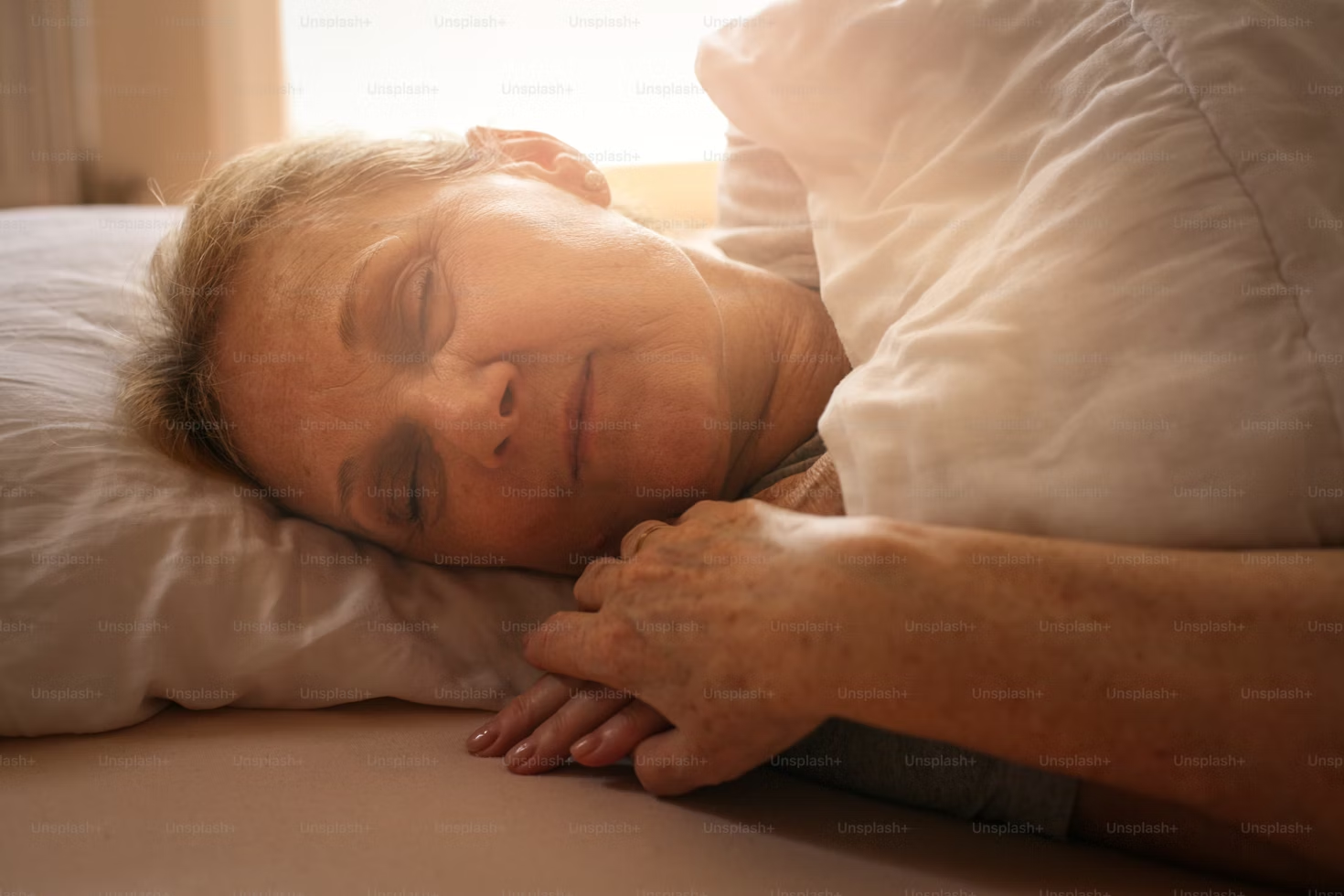5 Amazing Way How To Improve Sleep Quality Of Elderly Peoples
The National Institute on Aging says older adults get less and less sleep, wake up more times during the night or early morning, and go to bed and wake up earlier as they age. Such irregular sleeping patterns can cause irritability, lowered brain function, and diseases such as obesity, diabetes, and cardiovascular issues. Promoting quality sleep is essential as sleep is central to improving elderlies cognitive abilities, emotions, and physical health. Adequate sleep also helps maintain a youthful nature due to lower stress levels. Here are five ways to improve the quality of sleep of the older generation and ensure they live a long, happy, and healthy life.
1. Create a Comfortable Sleep Environment

The overall sleeping conditions determine a person’s sleep quality. Essential items that make up the ideal sleeping zone include a proper mattress and pillow. Comfortable adult bed pads also help minimize moisture buildup and skin discomfort in seniors suffering incontinence, improving their quality of night’s sleep. On top of that, controlling the light and room temperatures ensures it meets the standard for a comfortable night’s sleep in a healthy environment. It is also crucial to minimize disturbances during sleep, like noise interference. Some items for blocking out light include eye shades and blackout curtains, whereas noise-canceling plugs could help shield against noise. Lastly, aerating the bedroom enhances sleeping comfort. Proper ventilation facilitates sufficient humidity regulation and air circulation, helping create a distinctive and refreshing atmosphere for the human body during sleep.
2. Establish a Consistent Sleep Schedule
Aging alters a person’s circadian clock, including their sleeping and waking cycle. A healthy sleep pattern can help older people improve their sleep quality. If seniors stick to specific bedtime and waking up schedules, it might help their bodies maintain a natural rhythm and improve their sleeping quality and general well-being. Furthermore, research shows that adherence to a selected schedule helps decrease the amount of wakefulness within a night and increases wakefulness during the daytime. A regular sleep schedule can also contribute to numerous body functions synchronization, including hormonal and thermal operations, contributing to an overall quality of restorative sleep. Various actionable techniques elders can use to establish a consistent sleep schedule include reading before bed, walking, gently stretching the body, or taking a warm bath. Avoiding blue light devices before sleeping also helps prepare the body for sleep. In the morning, seniors can also set an alarm time to help notify the body when it is time to wake if they have trouble waking at a specified time.
3. Encourage Physical Activity

Physical exercise enhances better sleep among seniors. Studies by the National Institutes of Health (NIH) point out that moderate exercise throughout the day helps increase sleep duration and sleep quality for older persons. Physical activity also aids in the timely adjustment of the body clock, stimulates one’s mood, and positively impacts stress and anxiety levels, which may improve sleep. It also promotes better circulation, high muscle mass, balance, and quality of life. Some exercises seniors can participate in include strolling, swimming, t’ai chi, or gentle yoga. The types can vary depending on an older person’s physical, bone, and joint strength. It is also critical to consider the proximity of exercise to bedtime, as rigorous activity before bedtime may have a stimulating impact and disrupt sleep. Older people should exercise earlier, like in the morning or afternoon.
4. Limit Stimulants Usage
Caffeine has potent stimulants that remain active in the body for about 6 hours and hinder sleep by masking the effects of adenosine—a sleep-inducing neurotransmitter. On the other hand, nicotine in tobacco products may hinder effective breathing and exhalation during sleep, causing interrupted and unstructured sleep. Likewise, alcohol may have a drowsy effect that creates problems in sleep older people’s sleep patterns. As such, most older people are likely to wake up several times during the night after consuming alcohol, interrupting their sleep. Reducing stimulant intake such as caffeine, nicotine, and alcohol could help boost sleep quality. Watch the intake, especially in the evenings. Give yourself adequate time between the last time you take a stimulative foodstuff and going to bed.
5. Promote Relaxation Techniques

Practicing relaxation procedures can assist the older generation in calming down before going to bed, which may help enhance sleep quality. Some relaxation techniques include deep breathing, progressive muscle relaxation, and meditation. Breathing control exercises involve taking deep breaths, expanding the lungs, and discharging the air slowly, calming the human mind. Similarly, progressive muscle relaxation involving tension and relaxation of the body muscles helps alleviate stress and anxiety that can interrupt a person’s sleep. Finally, meditation involves concentrating on the present moment and avoiding racing thoughts and concerns. These practices can help calm the mind and put older people to sleep.
To Conclude
Improving the sleep quality of the older generation helps improve their general health and extend their lifespan. It also gives them a comfortable time during their sunset years. You can improve older people’s sleep by altering simple lifestyle habits. These include getting comfortable sleeping items for their sleep environment, going to bed and waking up at regular intervals, engaging in physical activity, and avoiding stimulants and screens before sleep. Practicing mindful relaxation procedures can also help improve sleep quality and promote positive and healthy cognitive, emotional, and physiological changes.